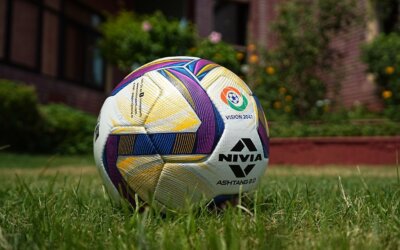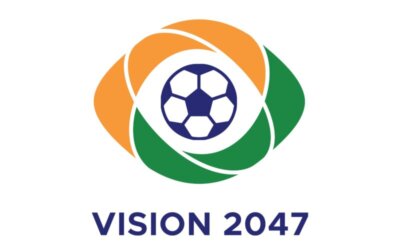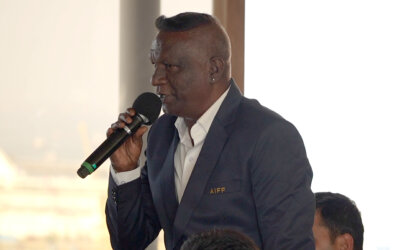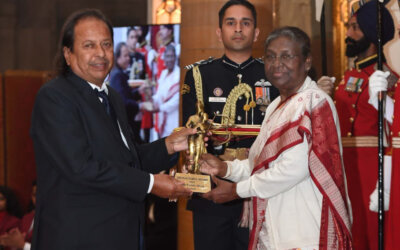By Soumo Ghosh,
AIFF Media Team
LUDHIANA: The Hero Indian Women’s league has given opportunities to a lot of women footballers a chance to showcase their skills at the top level for three seasons now. However, it is not just the players who are benefiting from the leagues.
Moving away from the players, Assistant Referee Uvena Fernandes from Goa, who went on to create history for Indian Football by becoming the first Indian Assistant Referee to officiate in a FIFA World Cup Final – the 2016 U-17 Women’s World Cup in Jordan, is also one of the match officials in Ludhiana.
Fernandes, who was a National Team player in her younger days, says that the principal difference in the way she approaches a game now is in her mentality.
“One should have control of the match. Referees always need to be confident enough to have control. We should always be cool, calm and composed,” she said.
“One of the most important aspects of refereeing is good management. It’s not just the players, but even referees have to maintain respect for everyone,” Fernandes continued. “There are different ways to deal with situations that seem like they could go out of hand.”
However, the ‘beautiful game’ can often show its ugly side as things get heated up. Fernandes believes that misinterpretation of footballing laws can also make things difficult for the officials.
“You always need to keep in mind that you cannot make everybody happy. Everybody will have their own interpretation, and sometimes the players don’t know the laws of the game,” she said. “Often people do not know the basic rules like handball, or offside, even though they have been watching the game for years. But they do not know the actual rules.”
FROM NATIONAL TEAM TO INTERNATIONAL REFEREE
As a young girl, Uvena was always seen as a talented player and had played in the state level for Goa for almost a decade. She eventually fulfilled her dream of playing for India, and even went on to be a part of the team in the 2003 AFC Championship, where Chinese Taipei, Uzbekistan, and Vietnam were the other teams.
Having achieved her dream of playing for the country, Uvena landed a job at the Indian Air Force, a move that necessitated her switch from being a player to an official.
“Since I had already fulfilled my dream of playing for India, I decided to switch to refereeing,” recalled Fernandes.
“I’ve always had the speed – I used to play as a winger, and also a right back. So it was kind of easy to take up the flag, and run down the touchline. But it wasn’t easy. “Football is a contact sport. And fitness is something that is essential, both for players and referees,” she quipped.
However, there is a fundamental difference in the way she approaches the game as compared to her playing days.
“When you’re a player, you can concentrate on your game or on your team’s performance. But as a referee, you have to look at the wider picture. If you are a referee, you have to be very mature, and have control over things,” observed Fernandes.
To add to that, there is a fundamental difference between the way Fernandes, as a referee, approaches a game.
“When I was a player, the training process was different. Most of my training used to be with the ball, as that basic skill needed to be polished,” said Fernandes. “Now, however, the training is more about core fitness. When it comes to fitness, it’s all about the high-intensity training, strength and fitness conditioning, repeated sprints, high-altitude training, yoyo tests – all these things together.”
“Rest is also very important as it helps us recover after a match, or after a high-intensity training session. Alternatively, you can hit the swimming pool or go for a massage. Bet referees need to have a good physio too. Medical assistance is essential for us,” she further maintained.


 Shop
Shop






